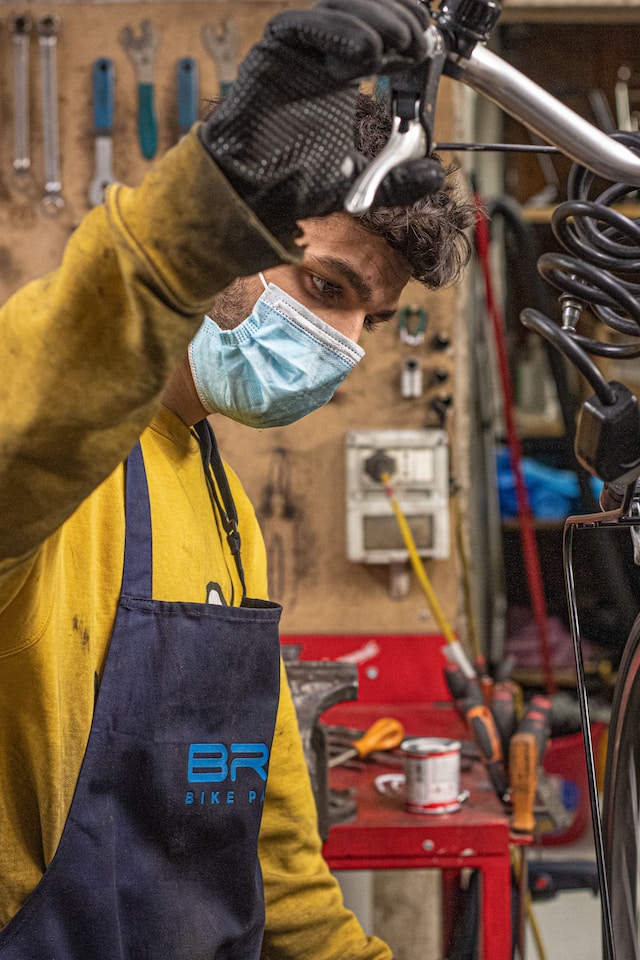As the world of work evolves and becomes increasingly competitive, employers are looking for more than just technical expertise. In fact, in today’s job market, having strong soft skills is just as important as having hard skills. From communication to problem-solving and team collaboration – this blog post will explore why honing your soft skills is crucial for success in the future workforce. So if you’re eager to boost your employability and get ahead in your career, keep reading!
Soft Skills Defined
Soft skills are the ability to communicate effectively, cooperate and satisfy others. They’re essential for success in today’s workforce and will be more important in the future as technology changes how we work.
There are several key soft skills that will be important in the future: creativity, communication, collaboration, problem solving, and resilience.
Creativity is about being able to come up with new ideas. It’s often associated with artists, designers, and inventors. Communication skills are important for working with others. They include oral and written communication, social networking, and public speaking. Collaboration involves working together to achieve a common goal. Problem solving is about finding a solution to a problem. Resilience involves being able to handle difficult situations successfully.
These are just a few of the key soft skills that will be important in the future. It’s important to develop these skills if you want to succeed in the workforce.
The Importance of Soft Skills in the Future Workforce
Soft skills are essential for success in the future workforce. They include interpersonal, communication, and leadership skills. Soft skills can help people work effectively with others and lead teams.
Many jobs will require soft skills in the future. For example, a lot of jobs in the healthcare field require interpersonal skills. Healthcare workers need to be able to communicate with patients and their families, as well as work cooperatively with other healthcare professionals.
Soft skills also play a role in positions that don’t traditionally require a lot of technical knowledge or experience. For example, many sales positionsrequire good communication and leadership skills. A salesperson needs to be able to convey their ideas clearly and confidently to potential customers. They also need to be able to manage their own time and energy so they can meet deadlines consistently.
Having strong soft skills can give you an edge when competing for jobs in the future. If you have good interpersonal and communication abilities, you’ll be more likely to land a job interview. And if you’re a good leader, you’ll be more likely to successfully manage a team of employees. Having strong soft skills will make you more attractive both now and in the years to come
The 3 Types of Soft Skills
Soft skills are those abilities that don’t typically appear on a resume or job application, but are just as important in the workplace. They include communication, problem-solving, teamwork, and leadership skills.
In the future workforce, soft skills will be even more important than hard skills. Soft skills can help you get ahead in your career and make connections with other professionals. Here are three types of soft skills that will be essential in the future:
1. Communication Skills
The ability to communicate effectively is critical for success in any job. You need to be able to share your ideas and work product with others, as well as listen and respond respectfully. Good communication skills also include being able to articulate your thoughts clearly, staying organized when communicating, and avoiding passive aggressiveness or hostility.
2. Problem-Solving Skills
Problem solving is another essential skill for any professional. It involves identifying problems and finding solutions – whether it’s figuring out how to fix a machine or solve a complex business puzzle. Good problem solving skills include being able to identify potential obstacles and sorting through information quickly.
3. Teamwork Skills
Teamwork is one of the most important aspects of professional success today. The ability to work collaboratively – both within teams and across divisions – is key to success in today’s workplace economy. good teamwork skillsinclude being able to build trust, manage conflict effectively, stay organized, and manage expectations.”
The 4 Habits of Highly Effective People
The 4 Habits of Highly Effective People
In order to be successful in the future workplace, it’s important to have soft skills like empathy, communication and collaboration. Here are four habits that will help you develop these skills:
1. Listen deeply. When you are listening, really focus on what the other person is saying and avoid thinking about your own response. This allows you to build trust and understand the other person better.
2. Ask questions. Don’t just listen to hear the answer—ask probing questions that will help you understand what the other person is saying. This will also help you discover new information and insights that can benefit both of you.
3. Express yourself vulnerably. It can be difficult to share our feelings with others, but it’s essential for building trust and understanding. Be honest and open when communicating, even if it feels risky at first. And don’t be afraid to admit when you don’t know something – that’s how we learn most effectively!
4. Take time for yourself. We all need time away from work in order to relax and recharge, so make sure you carve out space in your calendar for self-care every once in a while! These activities can help improve your overall wellbeing, which will naturally lead to improved productivity at work later on.”
How to Develop Your Soft Skills
Soft skills are those personal qualities that help people get along well with others and excel in their careers. They include communication abilities, problem solving, collaboration, and emotional intelligence.
Most of the time, soft skills are developed naturally over time. However, there’s no harm in strengthening them through education or training. In fact, it can make you a more effective employee and overall better person. Here are five ways to develop your soft skills:
1. Get educated.
Get involved in extracurricular activities or take classes related to your career field. This will not only improve your knowledge but also give you the opportunity to practice your new skills in a setting that’s comfortable for you.
2. Practice what you preach.
Make sure you model the behaviors you want to see in yourself and others when it comes to engaging in conversations, working collaboratively, and being emotionally intelligent. Doing so will make these skills easier to adopt on your own behalf as well as those around you.
3. Get feedback regularly.
It can be difficult to give and receive feedback effectively — but it’s essential for cultivating strong soft skills. Ask someone you know well for feedback about what kind of impact your interactions have had on them (positive or negative). You can also seek out formal feedback from a coach, mentor, or counselor who specializes in developing soft skills.[/tags]
Conclusion
The future workforce is going to be more diverse than ever before, and employers are looking for employees with a variety of skills. Soft skills are going to be essential in this new era, as they can help workers interact effectively with others and navigate complex situations. If you want to thrive in the future workplace, make sure you develop your soft skills!










